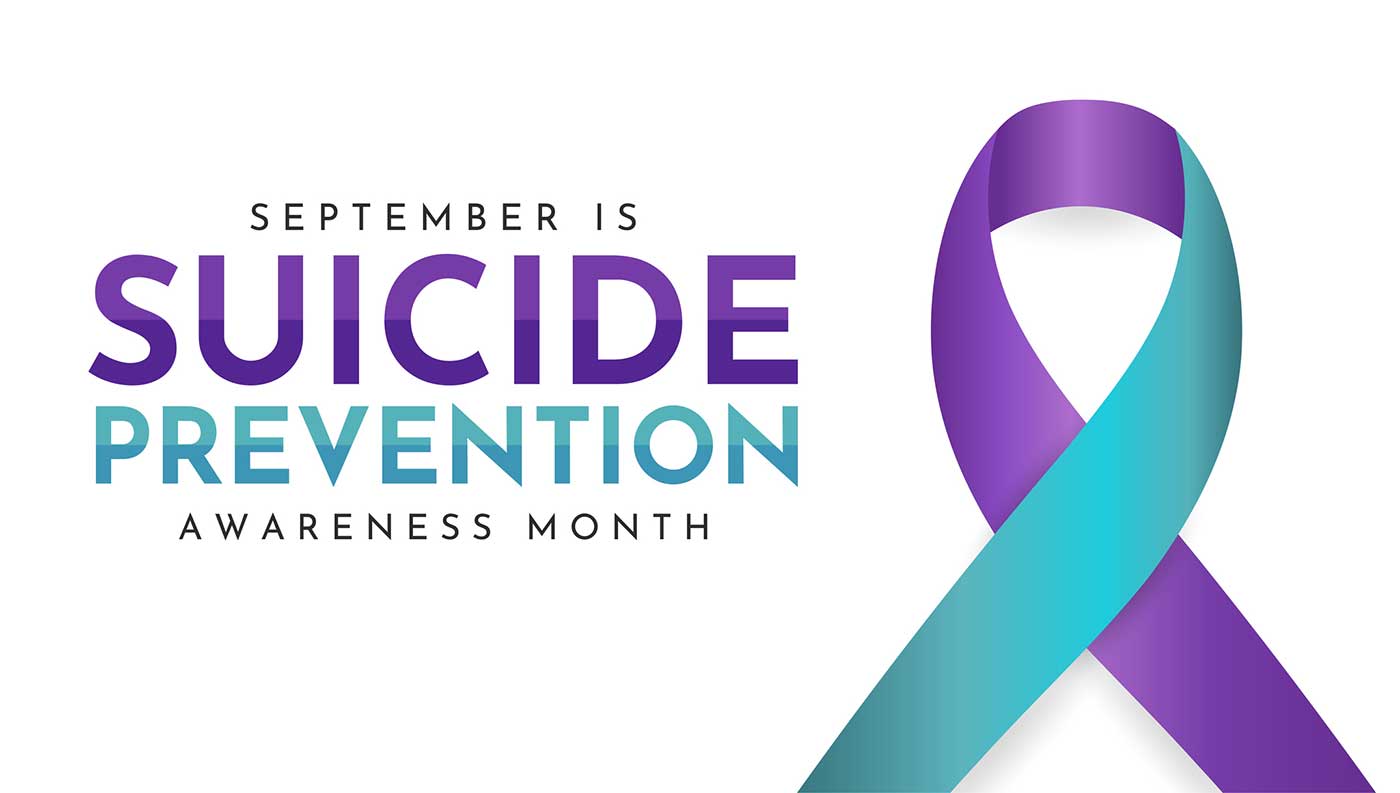While aromatherapy might not be the first wellness tool that comes to mind in the ED setting, it can be a helpful tool for stress management and maintaining focus during demanding shifts. Before dismissing aromatherapy as merely pleasant smells, consider the neurological basis. According to Cleveland Clinic, when we inhale essential oils, the olfactory receptors in our nose communicate directly with the limbic system – our emotional brain center. This connection explains why certain scents can instantly affect our mood and stress levels, making aromatherapy particularly relevant for high-stress environments like the emergency department.
Quick Applications for the ED Setting
The beauty of aromatherapy for emergency physicians lies in its simplicity and discretion—particularly given that some colleagues and patients may be highly scent-sensitive. A few drops of essential oil on a cotton ball tucked into a pocket or a personal inhaler can provide quick access to therapeutic benefits without interfering with patient care. Some practical applications include:
- Between Trauma Cases: Peppermint oil can help maintain alertness and mental clarity after particularly challenging cases. Its stimulating properties can combat fatigue during long shifts. Read more about peppermint oil from Michigan State University.
- Post-Difficult Patient Interactions: Lavender oil, known for its calming properties, can help reset your emotional state after challenging patient encounters. The journal Complementary Therapies in Medicine highlights a number of studies that show lavender’s ability to significantly lower stress. A quick inhale can help you approach your next patient with renewed patience.
- During Documentation Time: Rosemary oil has been shown to enhance memory and concentration – perfect for those moments when you’re catching up on charts. Listen to this podcast featuring Dr. Mark Moss of Northumbria University as he discusses his research on rosemary and memory.
Strategic Scents for Different Challenges
- For Sleep Recovery: Many of us struggle with sleep after night shifts. Consider keeping chamomile or vanilla essential oils at home. These scents can help signal to your body that it’s time to rest, even if it’s daylight outside. Read more about the benefits of chamomile from WebMD.
- For Energy Management: During those dreaded 3 AM lulls, alternating between peppermint and lemon oils can help maintain alertness without the jitters that come from that fourth cup of coffee. Learn more about the various benefits of lemon oil here.
- For Stress Management: Keep a blend of lavender, bergamot, and ylang-ylang nearby for moments when the ED feels overwhelming. These oils are known for their anxiety-reducing properties. Check out this article Aromatic Blending of Essential Oils from AromaWeb.
Implementation Tips for Busy EDs
- Personal Aromatherapy Kit: Create a small kit with 2-3 essential oils in roller bottles or personal inhalers. These are more practical than traditional diffusers in the clinical setting.
- Strategic Timing: Identify your typical stress points during shifts and plan your aromatherapy use accordingly. For instance, use energizing scents at the start of your shift and calming ones during breaks.
- Quality Matters: Invest in high-quality, pure essential oils. In our evidence-based profession, it’s worth noting that not all aromatherapy products are created equal. Read 13 Best Essential Oil Brands to learn more.
A Note of Caution
While aromatherapy can be a valuable wellness tool, remember that some patients and colleagues may be sensitive to scents. Always use personal inhalers or other discrete methods rather than diffusers in shared spaces. Additionally, ensure that your chosen method of aromatherapy doesn’t interfere with hand hygiene or other clinical protocols.
Wellness isn’t a luxury – it’s a necessity for providing optimal patient care. Consider incorporating simple aromatherapy practices into and after your shifts to help manage the intense demands of emergency medicine—and maintain your own well-being.






Responses